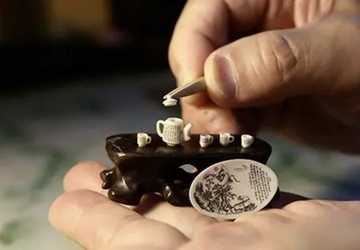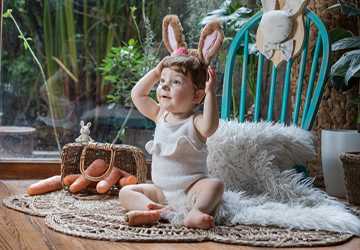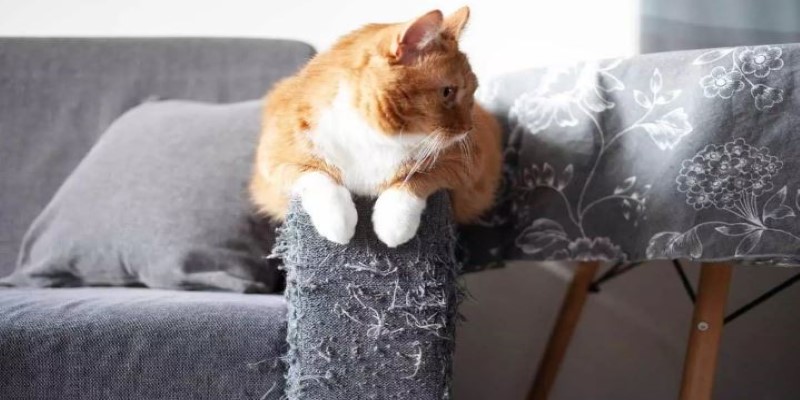In 2024, hobbies are making a solid comeback, reasserting their role in people's lives. As digital fatigue grows and the pace of modern life accelerates, more people are turning to hands-on activities for relaxation and personal fulfilment. Crafting, collecting, and rediscovering leisure activities are emerging as vital aspects of a balanced lifestyle. These hobbies offer creative and personal satisfaction and provide mental health benefits that are hard to ignore. This article delves into the reasons behind the resurgence of these time-honoured pastimes.
Crafting As A Creative Outlet: The Rise Of DIY Culture
Crafting is experiencing a renaissance as people seek tangible, creative outlets in a predominantly digital world. The rise of DIY (Do-It-Yourself) culture has been fueled by the desire for more personalized, hands-on experiences that counterbalance the virtual nature of much of modern life.
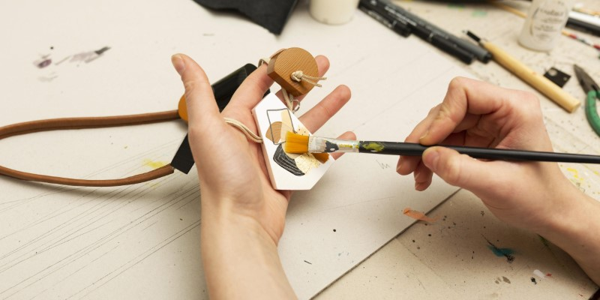
The Appeal Of Crafting
Crafting became a popular hobby in 2024, offering a creative escape from digital overload. Activities like knitting, woodworking, sewing, and pottery provide satisfaction by transforming raw materials into functional or beautiful items, engaging the mind and body in hands-on creation.
DIY Communities And Learning Platforms
Online platforms like Instagram, Pinterest, and YouTube have fueled the growth of DIY culture by offering tutorials and a space for crafters to share and learn. This ecosystem makes crafting more accessible to beginners and provides seasoned hobbyists with a community, both online and through in-person workshops.
Sustainable Crafting And Ethical Consumption
Crafting has become a sustainable alternative to fast fashion and mass production. Many embrace upcycling and handmade goods to produce high-quality, long-lasting items while reducing waste. It allows individuals to create and repurpose items ethically, promoting sustainability over the buy-and-discard cycle.
Collecting Treasures: The Thrill Of Curating Personal Collections
Collecting, once seen as a niche pastime, is finding new life as people seek more tactile, meaningful ways to engage with the world. Whether stamps, vinyl records, or vintage toys, collecting offers nostalgia, excitement, and personal fulfilment.
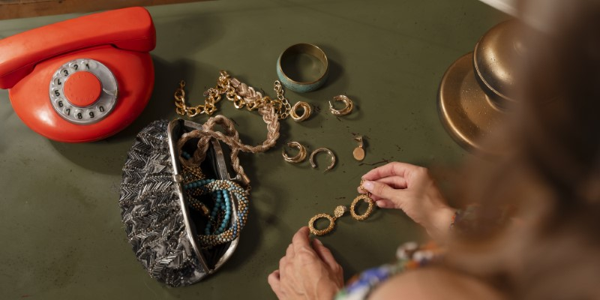
The Psychology Of Collecting
At its core, collecting is about the joy of curating. Building a collection involves careful consideration, selection, and, often, research. Collectors don't just accumulate items; they curate them. Whether hunting for rare pieces or organizing a display of personal favourites, collectors engage in a deeply personal form of storytelling through the objects they gather.
The Influence Of Nostalgia
Nostalgia drives the resurgence of collecting, as people seek items that remind them of childhood, favourite eras, or personal milestones. Vinyl records, retro video games, vintage furniture, and comic books have gained popularity, offering a tangible, authentic connection to the past and evoking comfort and sentimental value.
Social Aspects Of Collecting
Online communities have enhanced collecting by connecting enthusiasts through forums, social media groups, and apps. These digital spaces allow collectors to trade, discuss, and share their latest finds, adding a social dimension to the personal hobby and fostering a sense of belonging among those with shared interests.
Rediscovering Leisure: Why Hobbies Are Making A Comeback
The surge in interest in hobbies reflects a broader cultural shift toward valuing leisure and personal time. After years of emphasizing productivity and work above all else, many people now recognize the importance of balance in their lives. Hobbies offer a way to reclaim leisure time and create space for meaningful, enjoyable, and rewarding activities.
Escaping The Hustle Mentality
The pressure to constantly be productive, often called "hustle culture," has led many to burnout. Hobbies provide an essential counterbalance to this mentality, offering a chance to disconnect from work-related pressures. Unlike activities driven by external expectations, hobbies are purely for personal enjoyment. They allow individuals to engage in something fulfilling without the weight of deadlines or the need to perform for others.

The Role Of Hobbies In Identity And Self-Expression
Hobbies are also a means of self-expression. In a world where identity is often shaped by career or social status, hobbies provide a way to explore interests separate from work and societal expectations. Whether someone is an amateur photographer, a weekend gardener, or a model train enthusiast, hobbies allow them to engage with their passions on their own terms. This sense of autonomy and creativity is essential to well-being.
The Impact Of The Pandemic
The COVID-19 pandemic has had a lasting influence on how people approach leisure. During lockdowns, many had more free time and limited access to usual forms of entertainment. As a result, people turned to hobbies to cope with stress, boredom, and isolation. Activities like baking, gardening, and crafting surged in popularity as individuals sought ways to stay engaged and productive from home. The experience of rediscovering hobbies during this time has carried over, with many continuing their hobbies even as life has returned to a semblance of normalcy.
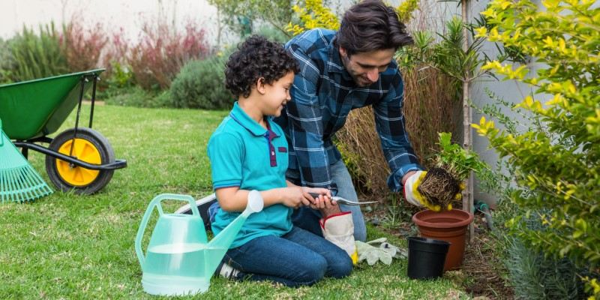
The Mental Health Benefits Of Embracing Hobbies
One of the most significant reasons behind the resurgence of hobbies is their positive impact on mental health. In a world that often feels overwhelming, hobbies provide a necessary outlet for relaxation, creativity, and personal growth.
Reducing Stress And Anxiety
Hobbies provide a relaxing escape from daily pressures, offering joy and reducing stress. Engaging in crafting, gardening, or playing an instrument encourages mindfulness by helping individuals stay focused on the present moment. The repetitive, meditative nature of many hobbies, such as knitting or painting, further enhances their calming effect.
Boosting Mood And Enhancing Creativity
Hobbies enhance mood and boost self-esteem by providing opportunities to set and achieve meaningful goals. Creative hobbies, like writing or painting, stimulate the brain, encouraging new ways of thinking. This creation process fosters fulfilment, purpose, and overall happiness.

Conclusion
Hobbyists like crafting and collecting are returning in 2024 as people seek balance, creativity, and personal fulfilment. These activities offer more than just a way to pass the time; they serve as outlets for self-expression, community building, and mental health support.
As more people recognize leisure's value, hobbies are essential to maintaining well-being in an increasingly fast-paced world. Whether through crafting, collecting, or simply enjoying a favourite pastime, the return of hobbies signals a cultural shift toward valuing time for oneself.

